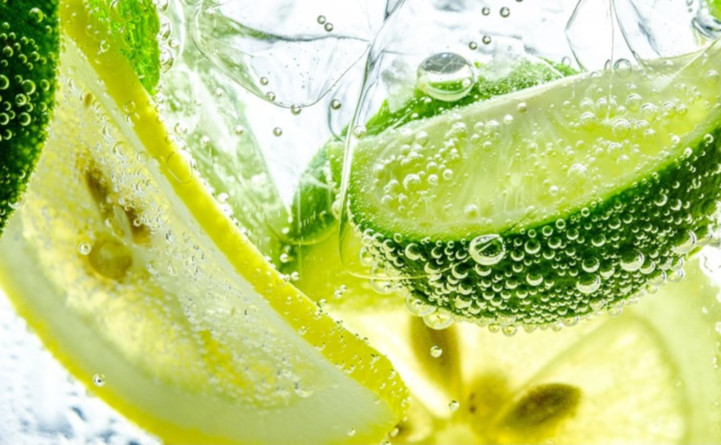Healthy, sustainable and natural: these are the trends for the food and beverage industry in 2021
More than ever before, the past few months have brought about an increased level of environmental and health consciousness amongst consumers. Plant-based products, produced and processed in a sustainable manner, as well as those with health-promoting benefits, are the main focus here. This development has been in the works for years and has only been accelerated through the events of the past year. Consumers are more at home and take time for their meals. If fruit bars were particularly popular in the past as snacks on the go, we are currently experiencing a significant increase in the consumption of breakfast cereals, for example. Beverages which people would otherwise consume in bars have now become a staple at home (in smaller packaging sizes), while ready-to-drink products are in demand. Consumers are researching more and are also increasingly purchasing their food and beverages online. What trends can be expected with regard to the food and beverage industry in 2021 – both in stationary retail shops and online – and how can manufacturers successfully meet the changing market requirements?
Health – the next generation of pioneering products
60% of consumers worldwide proactively look for products which improve their health. Many consumers are aware that a healthy diet is vital for their general well-being, as well as for preventing illnesses. As such, the demand for products which contribute to a healthy diet has been increasing for years. Alongside foods and beverages with balanced nutritional values in terms of macro-nutrients such as sugars, fats or proteins, consumers are also increasingly looking for products which boost certain bodily functions or provide health benefits, such as the immune system, intestinal health, or the body’s energy resources.
Plant-based – healthy, delicious, sustainable
The market share for plant-based products has recently displayed double-digit growth, while forecasts project further growth of up to 14% in this product category until 2024. A growing number of people have turned to vegetarian diets, or are avoiding animal ingredients completely. As part of a modern and healthy lifestyle, consumers are also adapting their nutrition to ensure it is sustainable. Doehler has a pioneering portfolio of sustainably produced raw materials, certified by Fairtrade, Rainforest Alliance and UTZ, as well SAI/FSA, among others. The close collaboration with local farmers when it comes to procurement of raw materials is equally as important to Doehler as is the development and establishment of sustainable and fair cultivation conditions for the local workers.
Labelling – greater packaging transparency
Although a large number of consumers focus on purchasing sustainable foods and beverages, 60% state that it is difficult to determine whether a product is actually sustainable based solely on the packaging or label. This factor makes it particularly clear, just how important the transparent positioning of foods and beverages is. Clean labelling plays a significant role in this regard. The ingredients list on clean label products is reduced to the lowest possible amount, and the ingredients themselves should be processed as little as possible, while the natural source is to be made clear. Consumers can therefore make the conscious decision to select a product and its ingredients and source. Doehler also uses natural ingredients, such as fruit seeds, in the production of clean label products with healthy added value, while natural flavours from citrus and other fruits enable the creation of tasty foods and beverages with a transparent ingredients list.
One of the consumer labels developed to simplify product classification and increasingly being used today is the Nutri-Score. The label is already well established in some European countries, such as France and Belgium, while its use in Germany is voluntary since the end of 2020. As such, some large food producers and retail chains have decided to print the label on their packaging. The label consists of the letters A to E and a 5-step traffic light colour scale. A dark green A designates products with a good nutritional profile, while a red E is assigned to products that do not contribute as strongly to a healthy diet. The Nutri-Score is calculated from the energy content, as well as the content in terms of beneficial or less beneficial nutrients.
To read the full report visit Döhler

